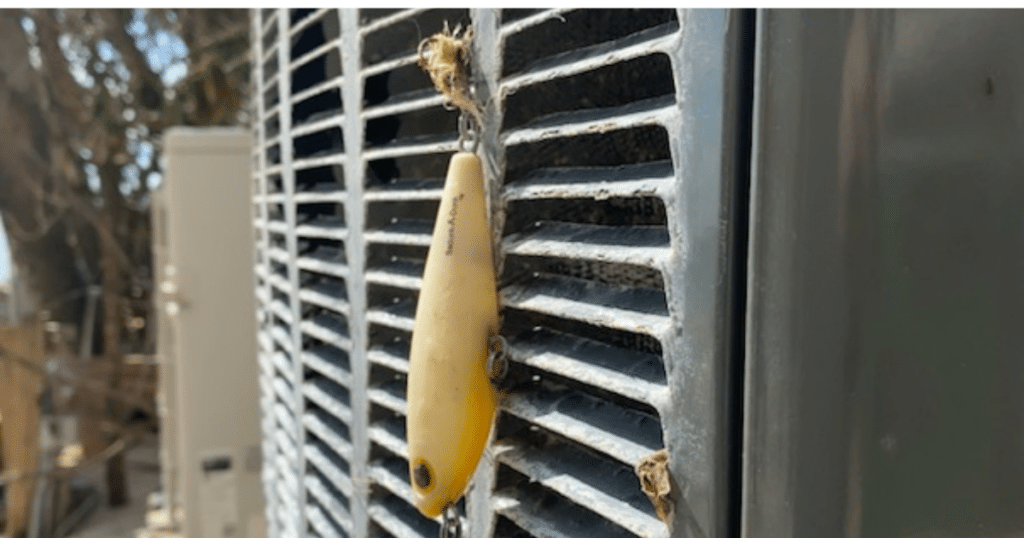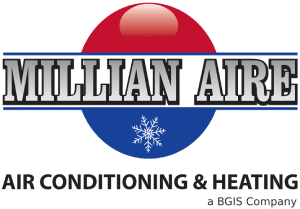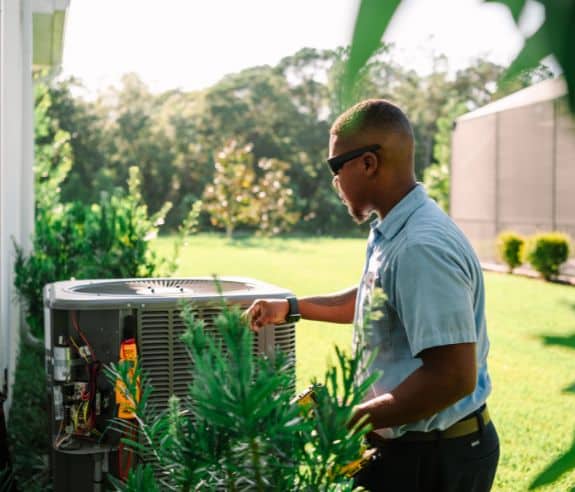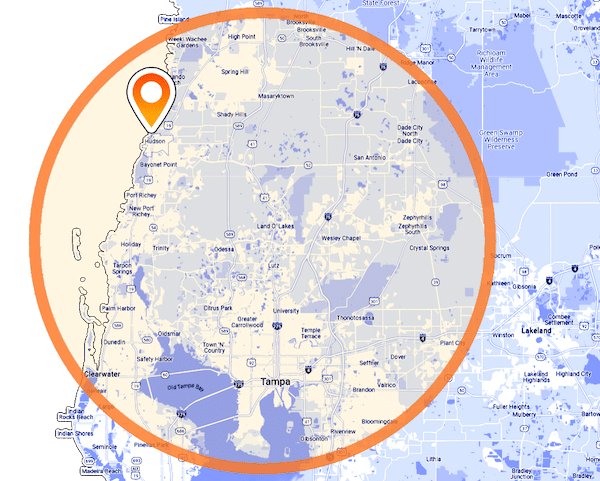Hurricanes can bring high winds, heavy rains, and flooding, all of which pose serious risks to your home’s HVAC system. A quick inspection can help you catch any issues early, prevent further damage, and ensure your system is safe to operate. Here’s a comprehensive post-hurricane HVAC checklist for assessing your HVAC unit.

Post-Hurricane HVAC Checklist
1. Turn Off the Power
Safety comes first. Before you start inspecting your HVAC system, turn off the power at the breaker. This step ensures you don’t accidentally come into contact with live wires or components, especially if there’s been any flooding or electrical surges.
2. Clear Away Debris
Hurricanes often leave a mess. Check the area around your outdoor unit and clear away any branches, leaves, or other debris. These items can clog the system, reduce efficiency, or even damage the fan blades if they get inside.
3. Look for Visible Damage
Conduct a visual inspection of the outdoor unit. Check for any dents, cracks, or other damage to the unit’s exterior. Look closely at the metal fins on the side of the condenser—if they’re bent or crushed, it could restrict airflow and affect the unit’s performance.
4. Check Electrical Connections
Power surges during storms can cause serious damage to your HVAC’s electrical components. Carefully examine any visible wires and connections for signs of wear, such as loose connections, fraying, or exposed wires. Avoid touching any damaged wires—if you spot issues, call a professional for a safe repair.
5. Inspect the Ductwork
If any ductwork is exposed, check for tears, disconnections, or signs of moisture damage. Flooding or high winds can shift ducts, causing leaks that let in unconditioned air. These leaks not only make your system work harder but also increase humidity and reduce air quality inside your home.
6. Listen and Smell for Any Irregularities
After turning the power back on, run the system and pay attention to any strange sounds or smells. Grinding, rattling, or squealing noises could indicate damage to the fan or motor, while musty or burning smells might mean water damage or electrical issues. If you notice any unusual noises or odors, turn off the system and schedule an inspection.
7. Check and Replace Air Filters
If your HVAC was running during the storm, there’s a chance the filters have collected dirt, dust, and debris. Clogged filters restrict airflow and force the system to work harder than necessary. Replace any dirty filters to maintain clean airflow and ensure optimal system performance.
8. Inspect the Drain Lines
Heavy rains and flooding can clog the drain lines, which are essential for removing moisture from your system. Check for blockages or build-up in the drain line and ensure it’s functioning properly. A clogged drain line can lead to water pooling inside your HVAC unit, potentially causing further damage.
9. Look for Signs of Flood Damage
If your outdoor unit was submerged in floodwaters, it’s crucial not to turn it back on until it has been inspected by a professional. Flooding can damage internal components, including electrical and mechanical parts. Operating a flood-damaged unit can lead to costly repairs and pose safety risks.
10. Run a Short Test Cycle
Once you’ve completed the initial checks and everything appears normal, turn on the system and let it run briefly. Ensure that it’s producing the correct temperature and that there’s consistent airflow. If you encounter any issues, shut off the system and contact an HVAC technician for further assistance.
11. Schedule a Professional Inspection
Even if your system seems fine, a post-hurricane inspection by a professional can identify hidden issues that may lead to future problems. A technician can perform a comprehensive assessment, including testing for refrigerant leaks, inspecting internal components, and evaluating the system’s overall performance. Regular maintenance and inspections can help you avoid unexpected breakdowns and extend the life of your HVAC system.

Why Post-Hurricane HVAC Maintenance Matters
Taking the time to check your HVAC system after a hurricane can save you from costly repairs, improve energy efficiency, and keep your home comfortable. Storms can lead to unexpected wear and tear on your unit, and catching issues early can make all the difference in maintaining a healthy, safe, and efficient system.
If you need assistance with post-hurricane HVAC inspections or repairs, Millian Aire is here to help! Our team of experienced technicians is available for emergency services and can ensure your HVAC system is ready to tackle the Florida weather year-round.



